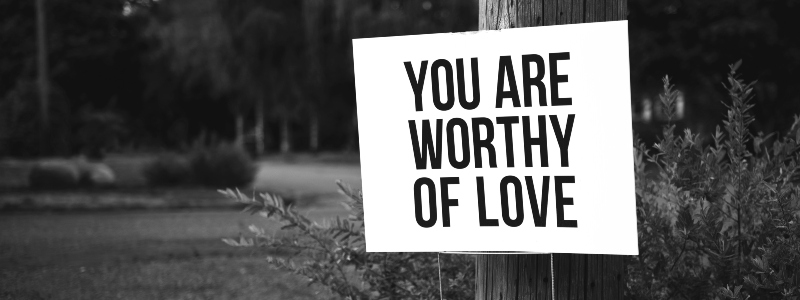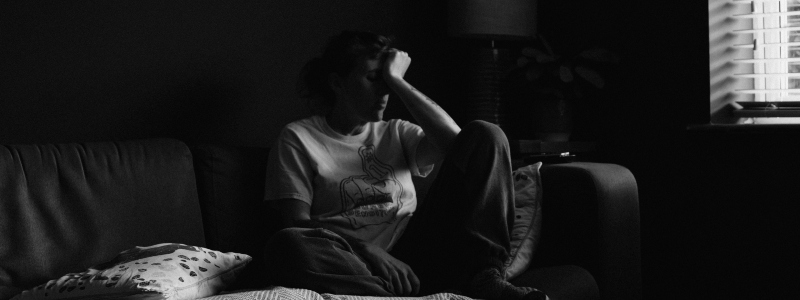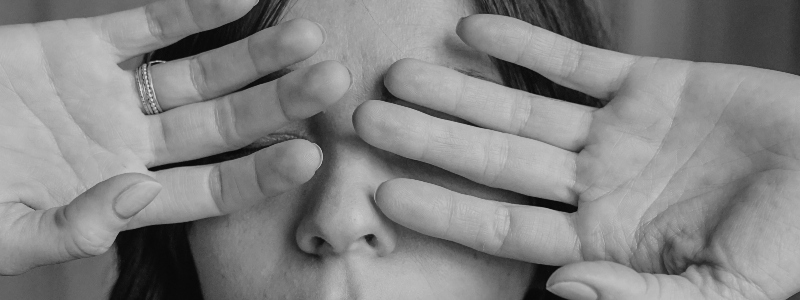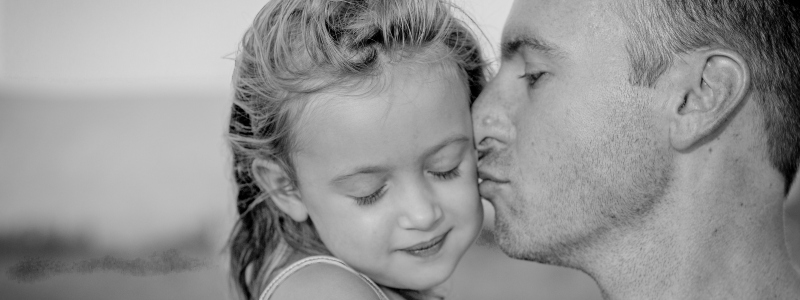Self-esteem is often spoken about and seen as something that we should be aspiring towards. However, what is less clear is exactly what constitutes ‘self-esteem’ and how we can best define this concept.
What is self-esteem?
Well, according to Jordan Peterson it simply does not exist. However, he is in the minority with this.
Whilst self-esteem is difficult to quantify, in my view it is certainly something that exists and is important to us all. Self-esteem is a measure of how positively we feel about ourselves on a profound level.
We can all engage with activities that make us ‘feel good’ in the short-term. However, not all of these are going to lead to self-esteem, and in fact many such activities may damage our self-esteem or how we feel and think about ourselves.
We all pursue pleasure, joy and trivial or frivolous encounters and there is nothing wrong with this. However, when they are in lieu of working towards something that is based on long-term desire and appetite, they function as distractions and brief manic events, rather than being the building blocks of a positive sense of self.
What is the key to building self-esteem?
Many people erroneously believe that the goal of life is to pursue happiness. However, as I have previously written about, happiness is simply an emotion and is no more valid as a feeling than any other.
Rather than pursuing happiness as a goal, I believe that pursuing meaning in life, based and built upon our deeper long-term desires, is not only the basis for a good life but is also the vehicle through which we can build solid and positive self-esteem.
It’s not the pursuit of happiness; it’s the happiness of the pursuit.
Self-esteem comes from identifying the metaphorical mountain that we are going to climb; something that is deeply personal to each and every one of us, and arguably the discovery of which is one of the main functions of working with a psychotherapist in a process of depth therapy.
Therefore, it is not the achievement of the goal that brings happiness, but engaging in a meaningful process of working towards that goal, that brings a sense of contentment and meaning and bit by bit contributes to good and enduring self-esteem.
The self-esteem formula
Jordan Peterson believes that self-esteem is in essence nothing more than an index of a person’s tendency to experience negative emotions, and that it can be calculated through subtracting neuroticism from extraversion. In my view, human beings are far more complex than simple formulas, and whilst some of us may score more highly on the tendency to experience negative emotion (neuroticism), the concept of self-esteem remains useful.
On the role of desire
I am not attached to the phrase ‘self-esteem’ and have no particular interest in imposing it on a patient. In a therapeutic relationship, the language used is co-created between patient and clinician.
However, a word I refer to often in the context of desire – what we want – is appetite. Appetite is a word we associate with eating, and eating is a useful metaphor. When we are hungry in the truest sense of the word, we simply need to eat. However, this says nothing about our appetite – what we desire. Eating because we are hungry is akin to simply surviving. When we have an appetite for a particular food type or dish, we are expressing a desire in the context of having choice and thus being alive.
When we apply appetite in a broader context to life, then it is an expression of what we desire for ourselves and thus an expression of aliveness, rather than survival.
Nothing that comes easily or simply is an expression of appetite in life. We are complex beings, and living versus surviving is all about allowing ourselves to dream about the kind of life we want, and is, crucially, an expression of our individuality. Much like that which we have an appetite to eat, appetite as an expression of our life’s desire(s) is deeply personal to each and every one of us.
This is ultimately the concept of ‘the hero’s journey’.
Desire and self-esteem
When we have the courage to pursue that for which we have an appetite – that which we deeply desire – we feel alive and positive about ourselves. We embark on a journey, the destination of which we cannot be sure of.
Self-esteem is derived from every step forward we take on this journey. Every time we hit a dead-end and find the will to take another path, or dust ourselves off after life knocks us down, we add to our self-esteem.
Mark Vahrmeyer, UKCP Registered, BHP Co-founder is an integrative psychotherapist with a wide range of clinical experience from both the public and private sectors. He currently sees both individuals and couples, primarily for ongoing psychotherapy. Mark is available at the Lewes and Brighton & Hove Practices.
Further reading by Mark Vahrmeyer
Why is psychotherapy generally weekly?
Don’t tear down psychological fences until you understand their purpose














